three herbs against seasonal allergies
How Herbs Can Help with Hay Fever
Seasonal allergies (hay fever) torment many people every spring and summer with persistent symptoms: sneezing, a stuffy or runny nose, and watery eyes—sound familiar? In addition to standard antihistamines and other medications, nature also offers relief through herbs. In Bulgarian tradition, medicinal plants hold a special place, and interest in natural remedies for hay fever grows each year. In recent years, more and more people have turned to herbs and folk methods to cope with allergies. Below, we will explore five herbs that can ease symptoms and make the pollen season more bearable—naturally and safely, when used correctly.

1. Chamomile – Gentle Relief for a Stuffy Nose
Usage:
-
Chamomile Tea: A cup of warm chamomile tea before bedtime soothes the throat and helps clear the nasal passages, while also promoting a good night’s sleep.
-
Steam Inhalation: Prepare an herbal infusion by pouring 1 tablespoon of dried chamomile flowers into boiling water. Cover your head with a towel over the bowl and inhale deeply for several minutes—the chamomile steam helps open nasal passages.
Caution: Chamomile belongs to the Asteraceae family (daisies, marigolds, ragweed). If you are allergic to these plants, use chamomile with extra caution or avoid it altogether. Chamomile can also enhance the effect of sedatives and increase the risk of bleeding in people taking anticoagulants (e.g., warfarin)—consult your doctor if you are on such medications.
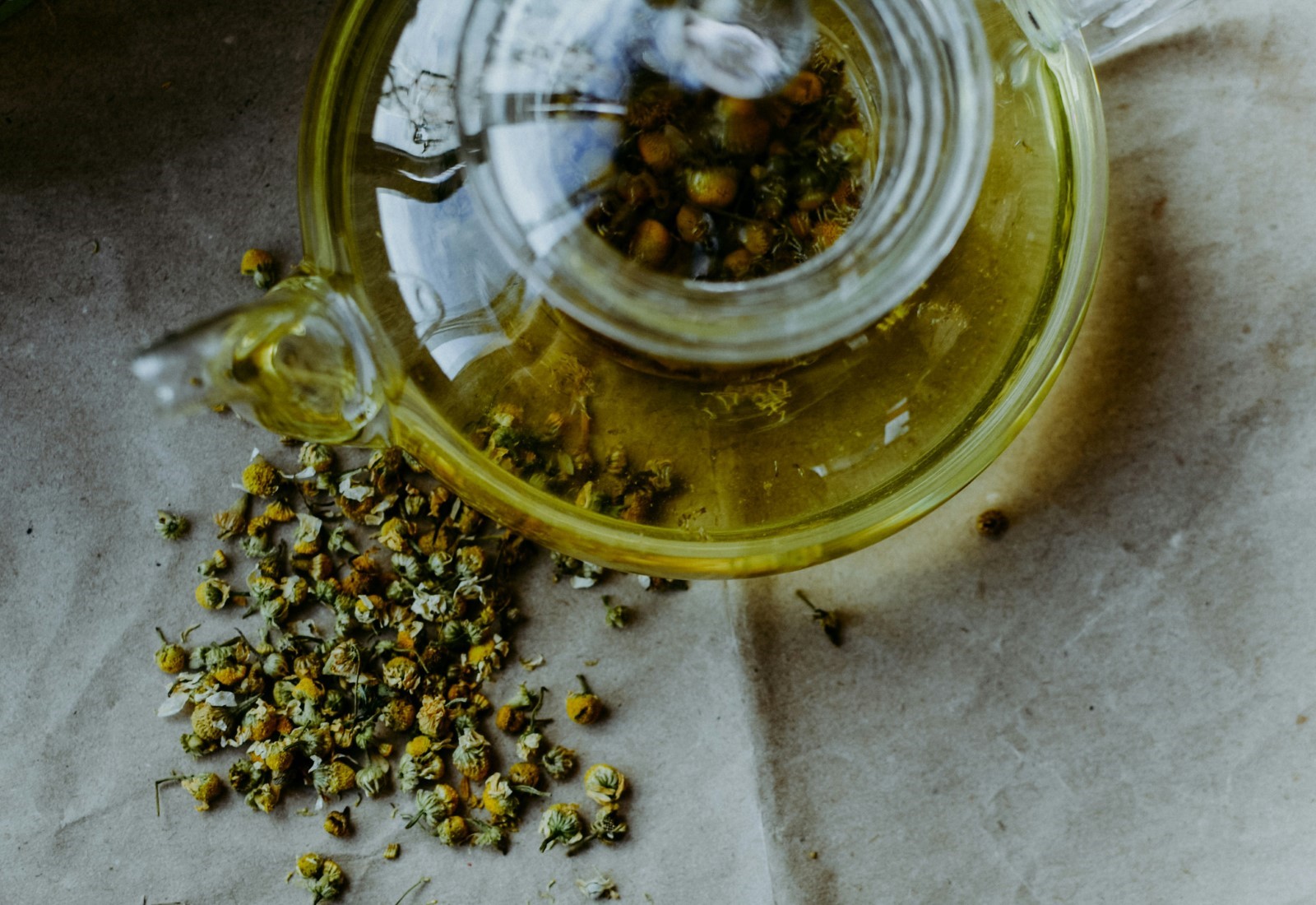
2. Nettle – A Natural Antihistamine
Usage:
-
Nettle Tea: A popular and easy way to consume nettle. Drinking daily tea made from dried nettle provides the body with beneficial substances and can gradually reduce allergic reactivity.
-
Dietary Supplements: Capsules and tinctures containing nettle are available on the market. They provide a standardized dose of active compounds—follow the manufacturer’s instructions or your doctor’s advice.
-
In Cooking: Nettle is traditionally used in Bulgarian cuisine, for example in soups. A bowl of spring nettle soup is not only tasty but also boosts immunity and can help the body fight allergies.
Caution: Nettle can lower blood sugar and blood pressure, so it is not recommended if you are taking medication for diabetes or hypertension. Also avoid nettle during pregnancy and in young children unless a doctor advises otherwise. Finally, nettle can interact with blood-thinning medications and diuretics—if you are on such drugs, consult a specialist before adding nettle to your regimen.
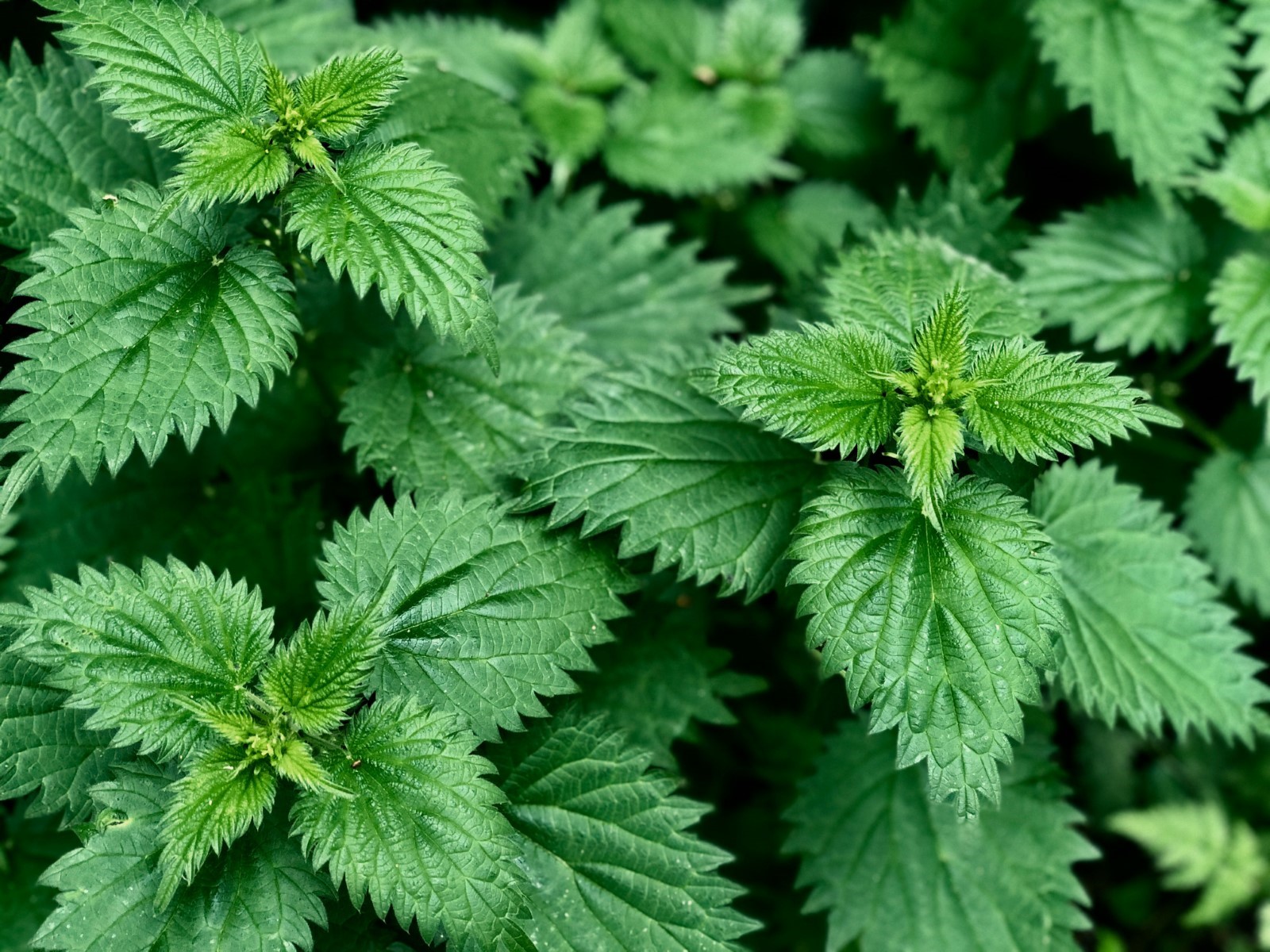
3. Elderberry – Immune Support
Usage:
-
Elderberry Syrup: A favorite homemade elixir in many Bulgarian families. Syrup is traditionally made from elder blossoms, though ready-made versions are available. One spoonful of syrup daily (dissolved in water) delivers a concentrated dose of antioxidants.
-
Elderberry Tea: Made from dried elder blossoms or berries. Warm elderberry tea is fragrant and full of vitamins; drink it at the first signs of allergic rhinitis—it may help clear a stuffy nose and soothe eye irritation.
Caution: Always use properly prepared elder (dried or cooked). Raw elderberries and leaves contain cyanogenic glycosides—compounds that can be toxic if ingested. Drying and boiling neutralize these potentially harmful substances. Therefore, consume elder only as syrup, tea, or other heat-treated products. Elderflower syrup should not be given to children under one year old, especially if it contains honey. If you have an autoimmune disease or are taking immunosuppressants, consult your doctor before using elder, as boosting immunity may not be appropriate in your case.
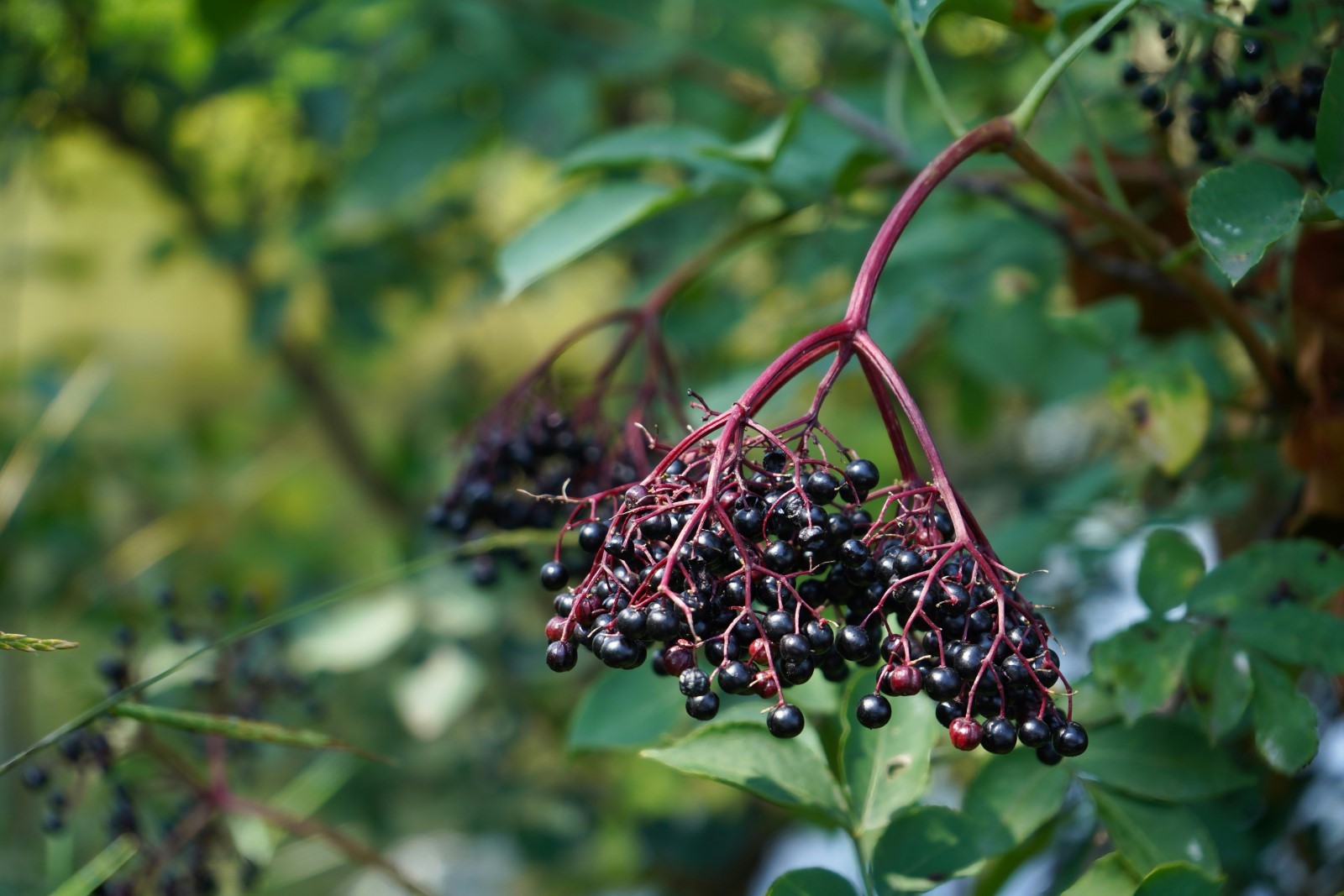
4. Safety Precautions and When to Consult a Doctor
Even though herbs are natural remedies, they are not entirely harmless. Here are some general safety guidelines for their use:
-
Allergies to the Herbs Themselves: If you have other allergies, be careful—some herbs can cause allergic reactions themselves. For example, people allergic to ragweed or daisies may react to chamomile or echinacea. Always test a small amount of any herbal product first to check your reaction.
-
Drug Interactions: Herbs can interact with medications. Chamomile can enhance the effects of sedatives and anticoagulants; nettle can affect diabetes, blood pressure medications, diuretics, and blood thinners; echinacea can reduce the effectiveness of immunosuppressive therapies; and so on. If you take any medications regularly, consult your doctor before adding an herb to your regimen.
-
Pregnant Women, Nursing Mothers, and Children: Herbs are not always suitable for vulnerable groups. During pregnancy and breastfeeding, many herbs (especially potent ones like neem) are not recommended without explicit medical approval. Small children are also more sensitive—adult dosages do not apply to them. Always ask your pediatrician before giving a child herbal tea or syrup.
-
Consult a Specialist: It’s always wise to talk to a doctor or qualified herbalist before starting a regular herbal regimen for allergies. A healthcare professional can assess the possible risks and benefits for your specific case. Remember: even herbal supplements on the market lack standardized dosing for every person—seek professional advice, especially if you have other health concerns.
These tips are for informational purposes only—always consult your treating physician before using herbs or herbal products to address any health issue.

Conclusion
When used correctly, herbs like chamomile, nettle, elder, echinacea, and neem can be valuable allies for a gentler pollen season. They offer natural symptom relief and support the body while preserving the centuries-old tradition of healing with nature that Bulgarians cherish. However, remember that balance between modern medicine and folk remedies is the best approach—use the power of herbs wisely and responsibly, and you will greet spring prepared and protected.
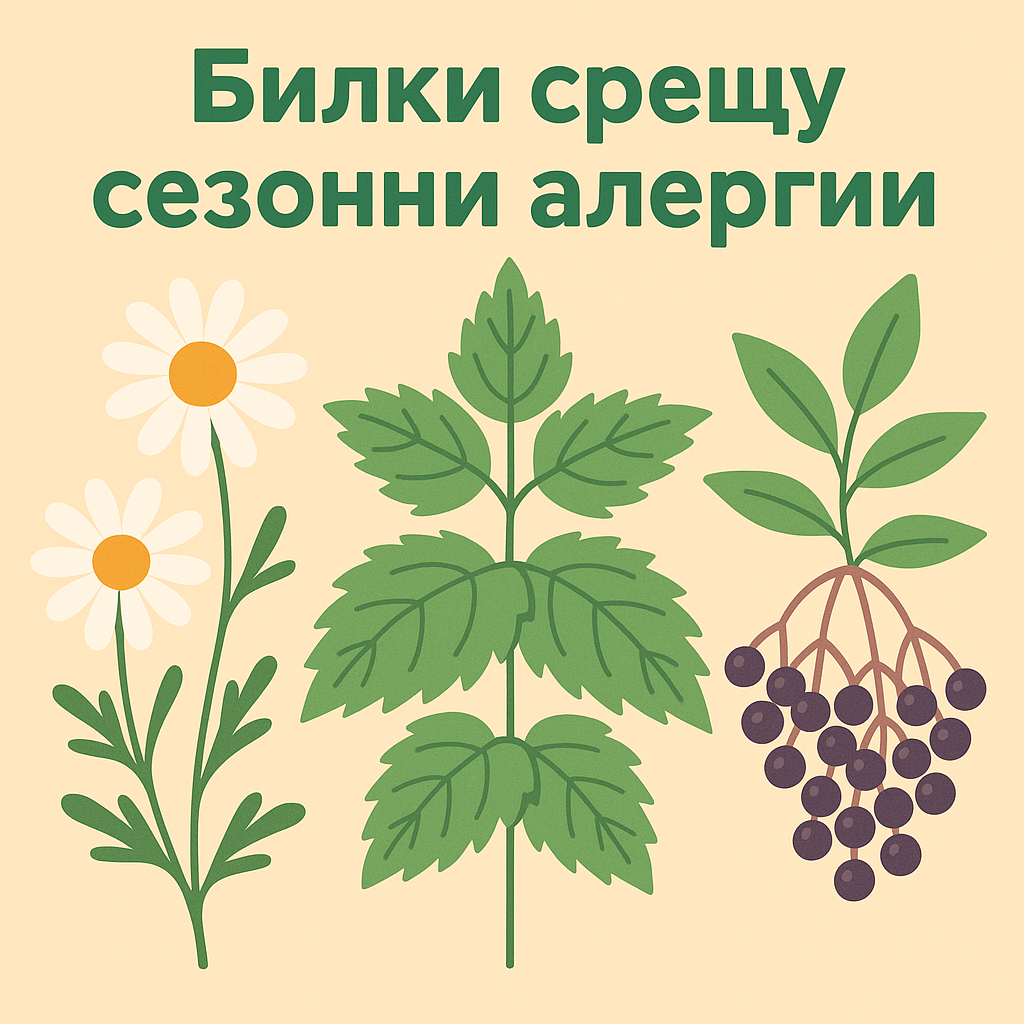


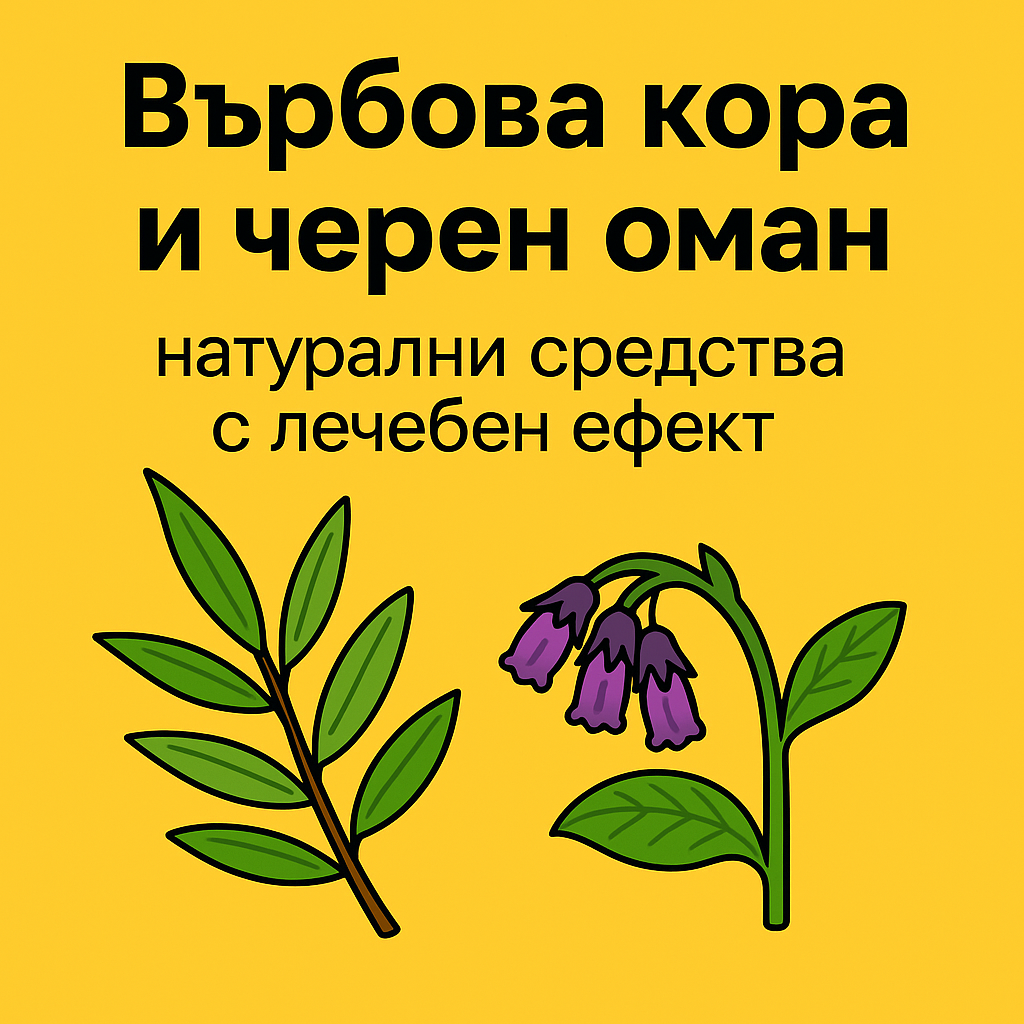
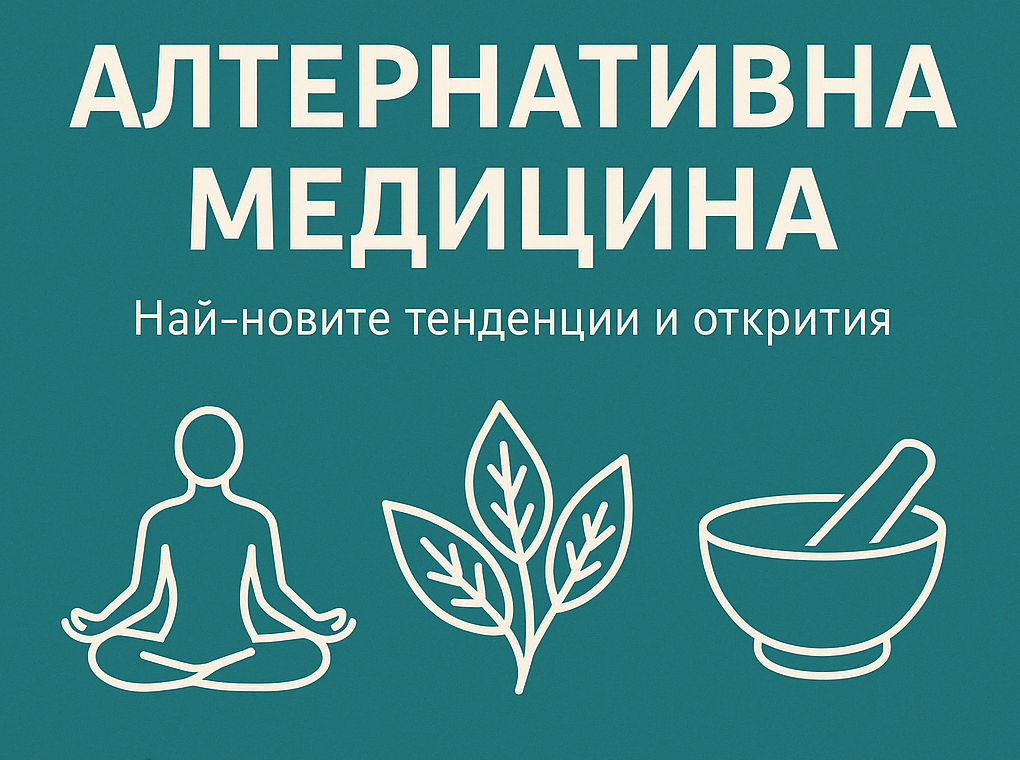
Comments